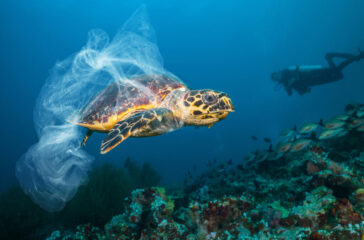Deep-sea mining has larger-than-expected impacts on sea life, study says
The fast-growing practice of deep-sea mining poses significant threats to important sea creatures, such as fish, shrimp, corals, and sponges, according to a new study.
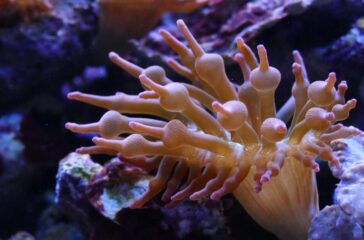
The fast-growing practice of deep-sea mining poses significant threats to important sea creatures, such as fish, shrimp, corals, and sponges, according to a new study.
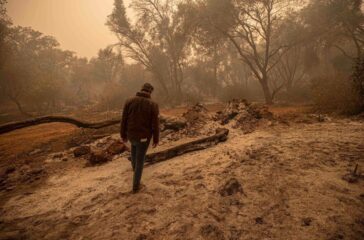
By Pam Strayer
California is getting hotter and drier, and extreme weather events are increasingly disrupting the state’s natural environment and the lives of the nearly 40 million people who live there, according to a study released by state officials this week.
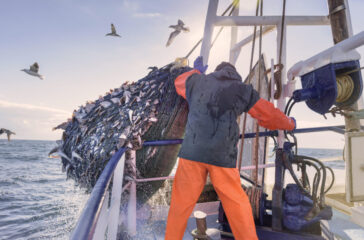
Increasingly, it seems, environmental problems are dominating the news – plastic waste, illegal dumping, and toxic chemical contamination events are only a few of the issues we read about regularly.
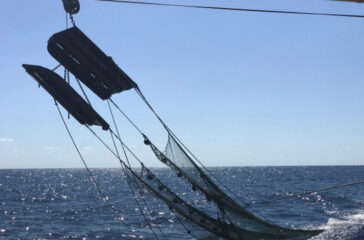
By Shannon Kelleher
A U.S. government agency that is supposed to protect ocean resources is instead endangering coral reefs, fish, and other marine life as it collects data from the Gulf of Mexico, an environmental watchdog group alleged this week.
In an Aug. 29 letter, Public Employees for Environmental Responsibility (PEER) called on the National Oceanic and Atmospheric Administration (NOAA) to stop scraping the ocean floor in the Gulf of Mexico with heavy nets for fishery studies. PEER is a Washington, DC-based group that works to expose improper government actions related to the environment.
Peer said it received concerning information from a NOAA scientist about the practice, and a review of NOAA’s own data demonstrates that the “bottom trawling” may inflict irreparable damage on sea floor habitats that can last for years.
“Ironically, NOAA’s own marine protection policies are designed to minimize the very type of damage these research trawls cause,” PEER Executive Director Tim Whitehouse said in a press release. “We believe that that the damage caused outweighs the marginal research value of these trawls.”
PEER said the trawls involve dragging heavy nets, large metal doors, and chains over the sea floor to catch fish, similar to industrial fishing. The trawls sometimes result in nets abandoned in the ocean, where they can entangle sea turtles and other marine animals, PEER said.
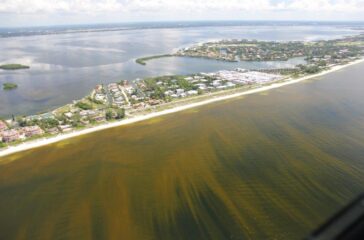
Nearly every day, Florida resident Pradeepa Siva goes paddle boarding through Doctors Pass in Naples. The thin passageway between Moorings Bay and the Florida Gulf of Mexico is home to a couple of friendly dolphins, which Siva often sees on her outings.
But the journey is about more than exercise and wildlife sightings, because when Siva paddle boards she is also participating in a government-funded science project aimed at protecting public health as climate change brings warming ocean waters that contribute to rising incidences of a dangerous phenomenon known as the “red tide.”
Red tides occur when warming water and other factors spur the growth of a type of rust-colored algae known as Karenia brevis. The algae produces toxic compounds that can be harmful to humans as well as marine mammals and other sea life. Exposure to the algae can cause respiratory illnesses and other problems for people who are exposed, and, in rare occasions, be debilitating or even fatal.
